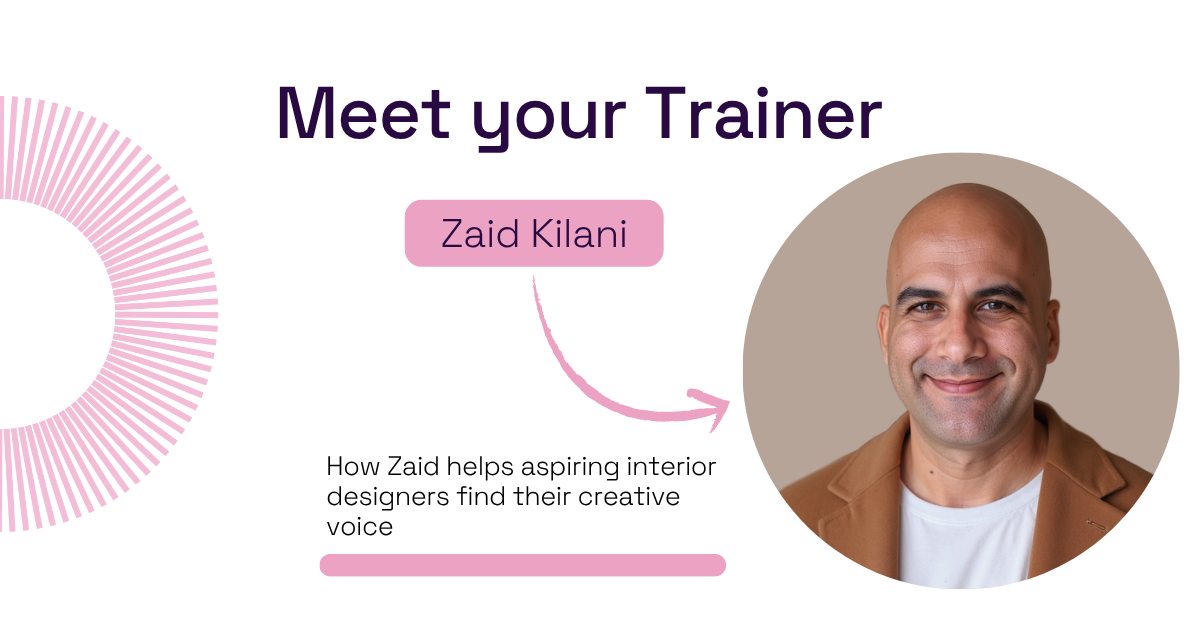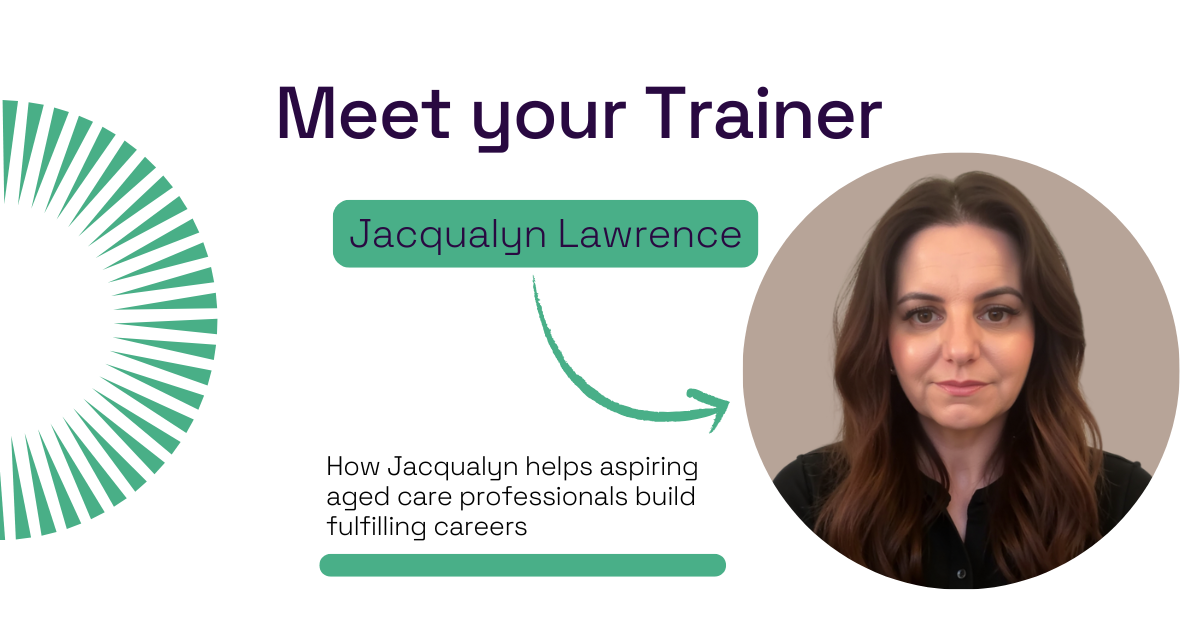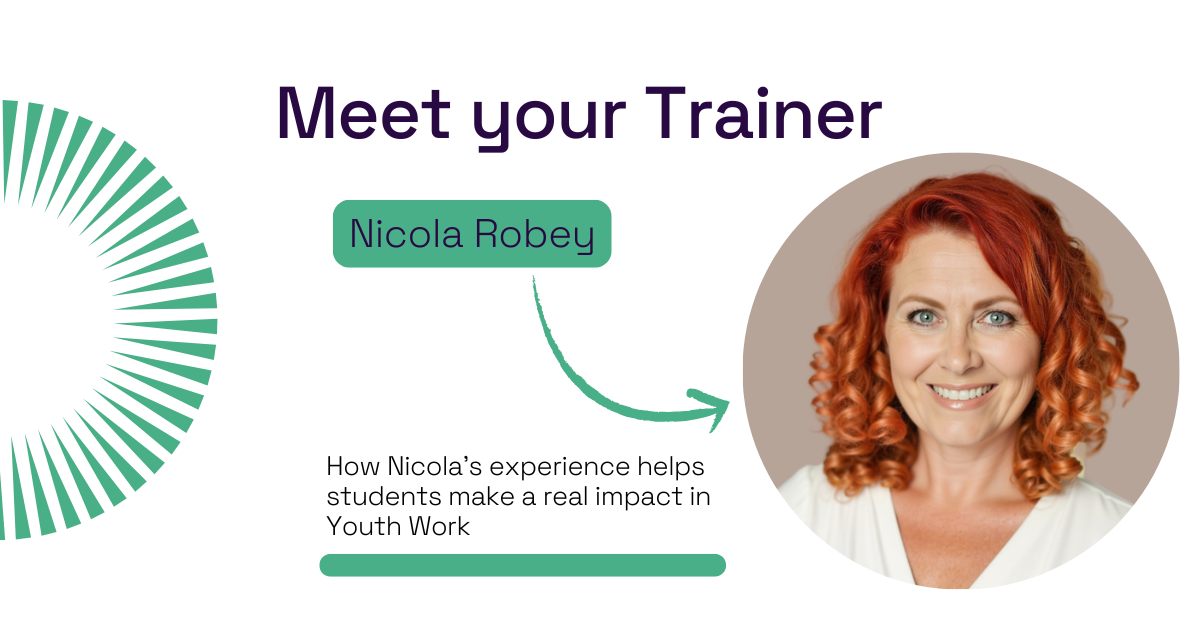Explore our collection of informative and educational blog posts to stay updated on the latest industry trends and expert advice.
How can I prepare for an interview in the aged care industry?

The aged care sector in Australia is growing at a rapid pace, and there is strong demand for qualified, enthusiastic and caring individuals to join this growing industry.
If you’ve been thinking about pursuing a job in aged care, there’s never been a better time. Whether you’re entering the workforce for the first time or looking to switch careers, now’s the time when everything can happen.
Read on to find out the kind of questions interviewers could ask you when you go for a job in aged care and other handy tips.
10 questions you could be asked in an aged care interview
1. What kind of experience do you have with aged care?
Don’t worry if you don’t have any previous work experience. If you’ve just graduated from a course in aged care, you can detail the subjects you’ve studied and any work placement you’ve participated in. And if you’ve had any experiences caring for an elderly family member or friend you can also explain this.
2. Why do you want to work in aged care?
This is the kind of question you’d expect to hear in any industry. But if you’re asked this question in an aged care interview, you can talk about your personal interest in aged care and why you think it’s a worthwhile career to pursue.
3. What do you see as the key responsibilities to your clients?
As you’ll be working with clients who need hands-on care and attention, you may be asked this question to discover whether or not you’ve truly considered what it means to have the clients’ best interests at heart.
4. Can you give an example of when you’ve participated as part of a team?
Working in aged care means that you’ll often be working as part of a much bigger team, so the ability to work well in a team environment is important.
5. If you’ve had a conflict in the workplace before, how did you handle it?
Sometimes you may have a difficult client you need to deal with or a conflict with a co-worker that needs to be resolved. It’s important to demonstrate that you have the patience and emotional intelligence to handle stressful scenarios.
6. If you were presented with an emergency situation, what would you do?
Working in aged care means that you may have to deal with emergency situations. For example, what would you do if a client you were caring for slipped and fell and was badly injured? Or a patient living with dementia became distressed? You need to be able to show the interviewer that you can work well under pressure and keep a clear head, and that you’re familiar with emergency procedures in different scenarios.
7. What skills do you have that would make you suitable for a career in aged care?
Don’t hold back – make sure you tell the interviewer exactly what hard and soft skills you have that would make you an excellent worker. From administration to adaptability, what skills do you possess that would make you the perfect Aged Care Worker?
8. How would you define ethical practices in the workplace?
Caring for elderly people means that you need to not just help them with daily tasks – you also need to help them feel empowered and respected. Growing old can be hard for some of us. You need to make sure that you treat all your clients with the respect and care they deserve, no matter what. Your prospective employer will want to know how you define an ethical work code.
9. How would you handle a difficult client?
Working in aged care can be extremely rewarding, but it’s not without its challenges. Your interviewer will want to know that you won’t break under pressure, especially when dealing with difficult clients or patients.
10. How do you define success working in aged care?
This question is designed to find out how hard you’re willing to work to get the best results for your clients. How you answer this question will let the interviewer know what you see as the most important part of your job.

Other things to consider for your aged care interview
1. Make sure you’re dressed appropriately
Make sure you look clean, tidy and professional. No crumpled shirts and no thongs. You want to show the interviewer that you’re ready to make a great first impression. If you’re unsure of what to wear don’t be afraid to call ahead and confirm what’s deemed appropriate.
2. Be polite
Always remain polite and professional. Remember, you’ll be working with elderly people in aged care who’ll need to be treated with respect and consideration. You should demonstrate your understanding of this to the interviewer by showing off your perfect manners.
3. Arrive on time
Aim to arrive early, just in case something happens that could delay you. If you arrive late without a very good reason, you’ve already made an impression on your interviewer, and it may not be a good one.
4. Relax and do your best
Whatever happens – just remember to try and relax and answer every question to the very best of your ability. With the right preparation, you’ll be absolutely fine. You’ve got this!
What kind of jobs could I apply for in aged care?
If you’re considering a job in aged care, there are a few options available in this growing sector. Here are just some of the jobs you could pursue working in aged care:
1. Aged Care Support Worker
Working with elderly people who are still living in their own homes, your primary goal as an Aged Care Support Worker will be to help people continue living independently in comfort. You’ll help clients with daily tasks that include cooking, cleaning, personal care and running errands.
2. Residential Aged Care Support Worker
Working in a residential facility means that you’ll be working with clients who can no longer live completely independently. You’ll be helping them with daily activities like eating, taking medication and personal care.
3. Lifestyle Coordinator
You could also see this role advertised as Lifestyle and Leisure Officer, Activities Officer, or Recreation Activities Coordinator. But all these names essentially mean the same thing, which is planning, organising and instigating fun activities for seniors. They’re usually based at a residential aged care facility.
4. Community Support Worker
In this role, you’ll be supporting people who live in residential community homes with daily activities and also organising group activities in the community.
5. Nursing Assistant
Nursing Assistants play an important role in assisting Enrolled Nurses and Registered Nurses. As a Nursing Assistant working in the aged care sector, this means that you’ll be supporting other health professionals in a residential aged care facility or in a hospital.
Study a course in aged care and give yourself a competitive edge
As the demand for workers in aged care increases, candidates that have the right qualifications and job-ready skills will be the ones who stand out.
You can study an online course in aged care with Open Colleges. The CHC43015 Certificate IV in Ageing Support will teach you the skills and knowledge you need to begin a fulfilling career in the aged care industry. It also includes 120 hours of work placement, which will help to provide you with hands-on, real-world experience you can mention in your interview when you begin applying for paying jobs.
Enrol today with OC and let us help you unlock your potential.









